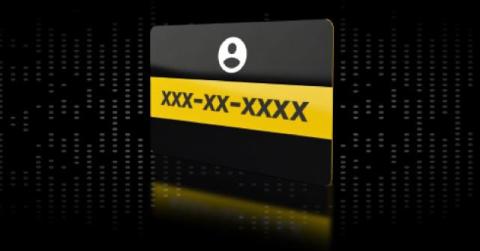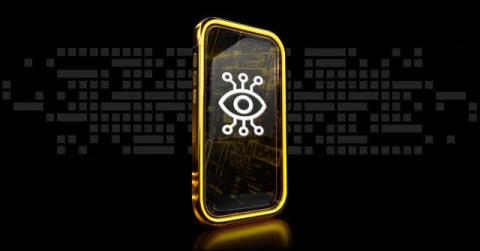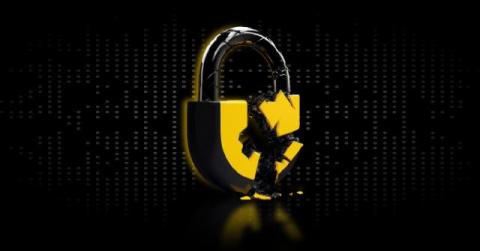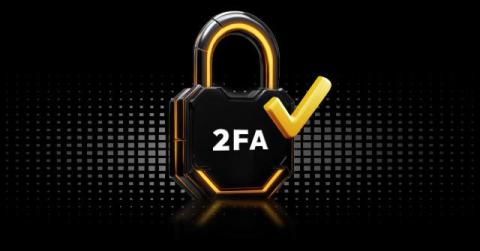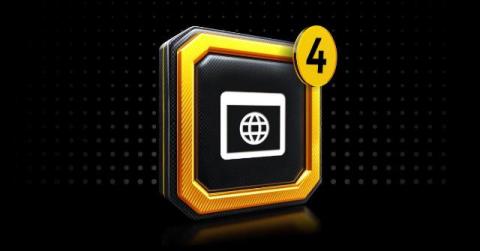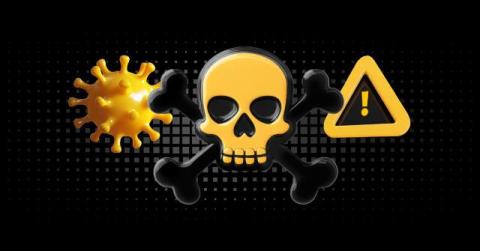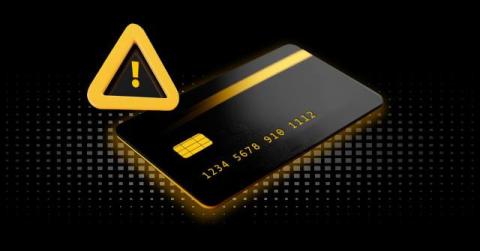What Is a Password Generator?
A password generator is an online tool that automatically creates strong, random passwords at the click of a button. To create unique passwords, a password generator combines a variety of uppercase and lowercase letters, numbers and symbols. Password generators dramatically ease the process of creating strong passwords by automatically producing random, lengthy ones – two qualities that make passwords more challenging for cybercriminals to crack.



